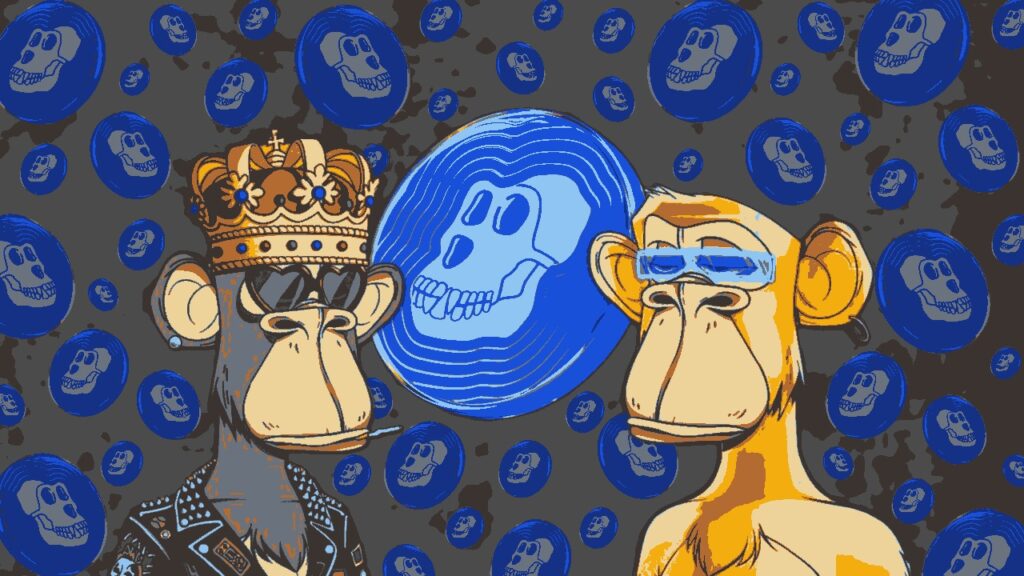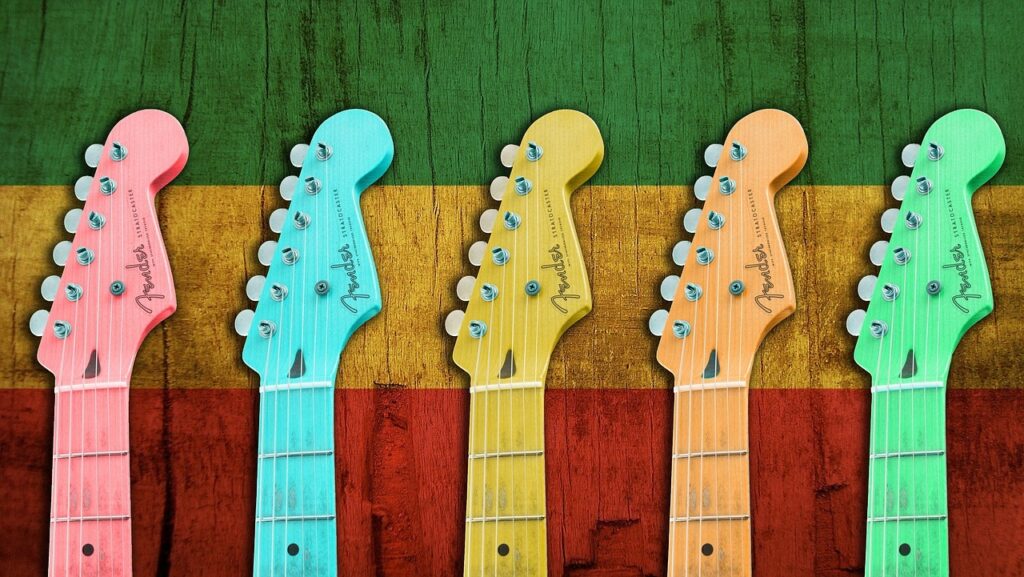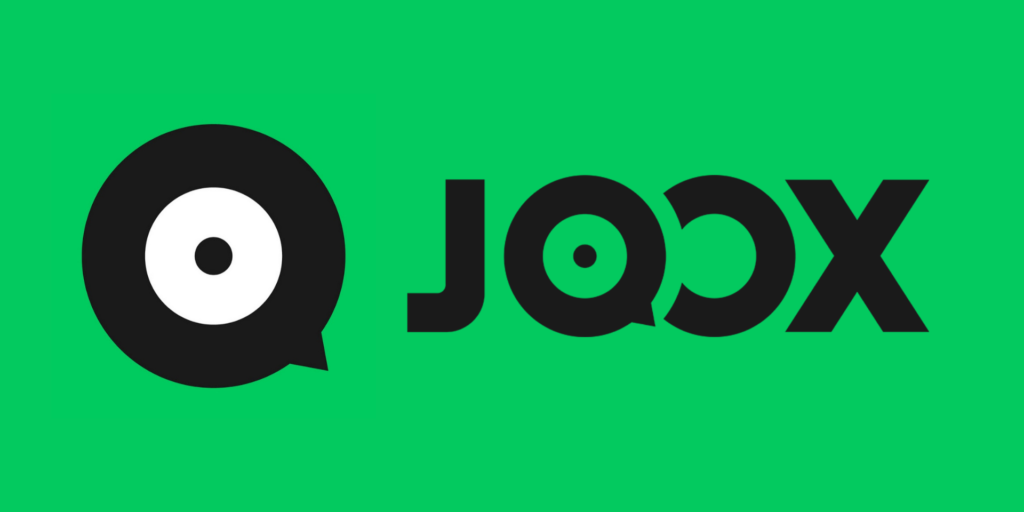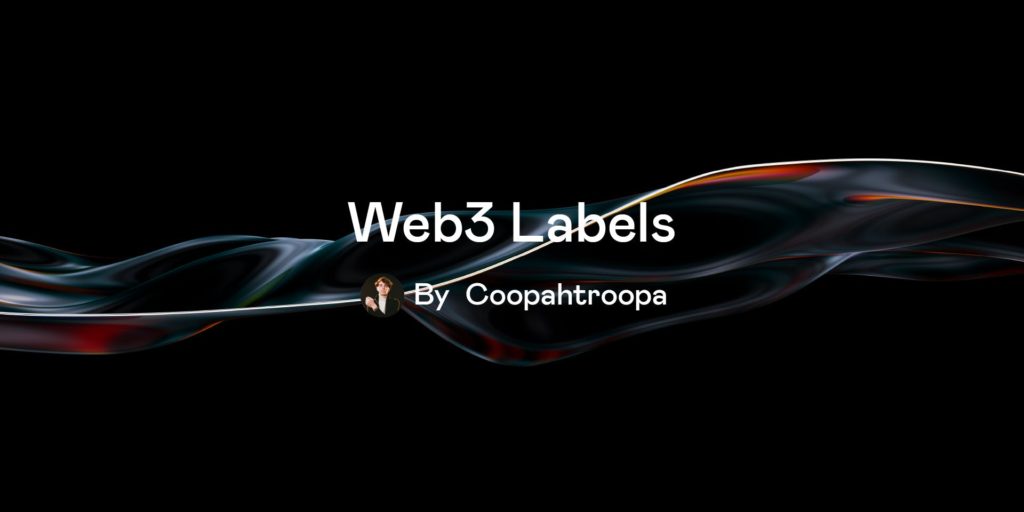Music NFTs Breakout Moment?
Written by WOM writer on August 11, 2022
Forefront Journal publishes essays from the frontier of web3 social and tokenized communities. This is a guest essay from Azeem Khan, contributor at Gitcoin DAO.
Anyone who’s been involved in the web3 space for the past 18 months has heard that music NFTs are going to take over. It’s been so persistent that it’s become a meme. The reality of their success could not be further from that aspiration, though: we haven’t yet seen anyone come close to having the BAYC-type moment that people hoped for. Does that mean it will never happen? Maybe. What seems more likely, though, is that the way music NFTs will take off won’t be what we expected. As someone who spent years in the music industry analyzing the landscape, my guess is that it won’t be someone like Drake or Taylor Swift who kicks off the frenzy. It also won’t be the handful of artists influencers in the space are pushing today either. Instead, it’s likely going to be some random teenager on TikTok who will find a way to use the technology to monetize the distribution they already have access to with their massive following.
To preface this take, I’ve spent almost a decade tangentially involved in the music industry, and have been fortunate enough to work alongside some of the biggest names in the space. From 2013 to 2017 I interviewed artists for the Huffington Post and became privy to insider information about how the industry works. I also learned the way money flows in the industry by running a software development shop that worked with artists.
The music industry is a legacy business intentionally built over a long period of time. In order to understand how to disrupt it, it’s important to first know how and why it works the way it does. If music NFTs could offer ways for existing players to earn more money or cut costs, record labels wouldn’t let web3 companies leave the building without signing deals. So far, though, it’s mostly been naive hand waving about disruption without many results.
One of the simplest ways to conceptualize music NFTs is as a way for artists to monetize an existing fanbase. Sure, NFTs are a speculative asset sold to people who are hoping that the price will go up one day, but that’s not the way people appreciate music. When you first listened to a song or album by your favorite artist, you didn’t fall in love because you thought maybe there was a way to profit from it. Appreciation for the art came first– something severely lacking in the space at the moment. While music NFTs are marketed as putting artistry first, they seem more financially motivated: most of the news we hear centers on newly minted drops and music NFTs’ current value. There’s nothing wrong with financial motivation, but it’s not what’s going to disrupt a billion dollar industry with new tech that gets music into the hands of eager fans in a new and potentially more engaging way.
Having social proof of fandom over time through music NFTs could one day be akin to owning first editions of Harry Potter books. There might be unique engagement artists can offer to specific fans based on on-chain activity, and other ideas that simply aren’t feasible with the tech we have now.
A more likely scenario for music NFTs’ breakout moment is that someone on TikTok who already has a massive following and is looking for new ways to monetize ends up using music NFTs. The reality of being massive on these platforms is that the views and likes alone aren’t paying you. Unless you’re doing brand deals, there’s no way to get paid for those followers, the same way it is on other social media platforms. That’s where a musician looking to monetize their music NFTs will really win.
As of now, an artist on Spotify earns approximately $4,000 for every million streams they get. That means an up and coming musician who’s got a massive following on TikTok would not get paid anything for their social media pages, and then get paid what amounts to pennies after using them to get a million streams. It’s a terrible deal, but it’s one of the only ones available to artists today. But what if they decided to play things a bit differently using this new technology?
Let’s say instead that the artist decided they weren’t going to release their music on any of the streaming platforms. Instead, they were only going to put their single up as a music NFT that people would need to purchase for $4.99 if they wanted to listen to it. Let’s even say that the artist would limit it to 100,000 copies of a first version and then maybe put out others later with different album art. That would be $500,000 in the hands of an unknown artist by the time they sold out– to do the same amount of revenue on Spotify, they would need one of the biggest records in the world. Unlike if they listened to them on a streaming platform, the individuals who purchased those tracks would then be able to keep them in their wallets, or even sell the tracks if they wanted to, because NFTs serve as a verifiable certificate of ownership for the digital good.
This scenario would be the equivalent of needing to go to the store to buy a vinyl record back when that was the only way to hear music. If you didn’t get a chance to buy the record, you would have to wait till it was back in stock. This artist could generate a massive number of sales in getting this song distributed to fans who wanted to have the music first– not because they wanted to sell it for more, but because they wanted to buy a song from an artist they loved. That’s all. Think about the media it would generate, or even record label wars that would be started over this artist.
The implications of doing something like this are massive. As of now, it’s always assumed that every artist will simply put their music onto streaming platforms. The way it’s set up now, every user paying $9.99 each month gets access to millions of songs. It’s far from the way things were before Napster, when people had to pay that much for a single or more to get an album. Being able to recreate this sales method using music NFTs would absolutely change the way artists make money, especially for unsigned artists.
One of the biggest issues that newer artists today face is access to capital in order to really push their music forward. High quality audio engineers, beats, features, marketing, and so on all cost money– and a lot of it.
The way the record labels have it set up now, an artist must find a way to make themselves popular enough to sign to the label. When they do, they get what’s called an “advance,” which is essentially a terribly priced loan from the label that takes money from the artist’s future earnings. In exchange for this, artists give up access to a percentage of revenue on almost every single project they do after that. They also tend to give up the ownership to the IP rights for their music for a certain number of albums as well. After the artist is signed, they use money from the advance to pay for everything needed to get their album made. For every dollar they make after that, a certain percentage goes back to the label as a way to pay back their advance. Few artists ever make it to the point where they can pay the loan back in full, which is why it’s such a bad deal.
This is where music NFTs can be the most disruptive. If an artist is able to capitalize on the fame and recognition they build as an independent artist, while also getting paid enough to sustainably push their careers forward, they also gain the agency to choose what they do next.
Does this mean that record labels will completely die off? Of course not. Signing to a major label gives you access to the machine, without which it would be impossible to become a star the size of Drake. The labels work to get your music onto the radio, in the right playlists on streaming services, and placed into other forms of media like movies. They also help to set up interviews and have everything it takes to create superstardom. Considering they’ve been doing it so long, they are quite good at it. However, music NFTs would give artists a chance to build up leverage before they come to the negotiating table, so they can land a deal that’s much more favorable to their needs.
While creative destruction does need to take place, it’s naive to assume that the record labels that have been around forever will be gone overnight. These are companies who have been posting record profits for years in a row. Please believe that they have an eye on what’s going on and will not miss a step in making sure they flourish alongside this new technology. Hope lies in further empowering artists to take charge of their careers in a way they resonate with, and that world is entirely possible with music NFTs.
Source: forefront.market





